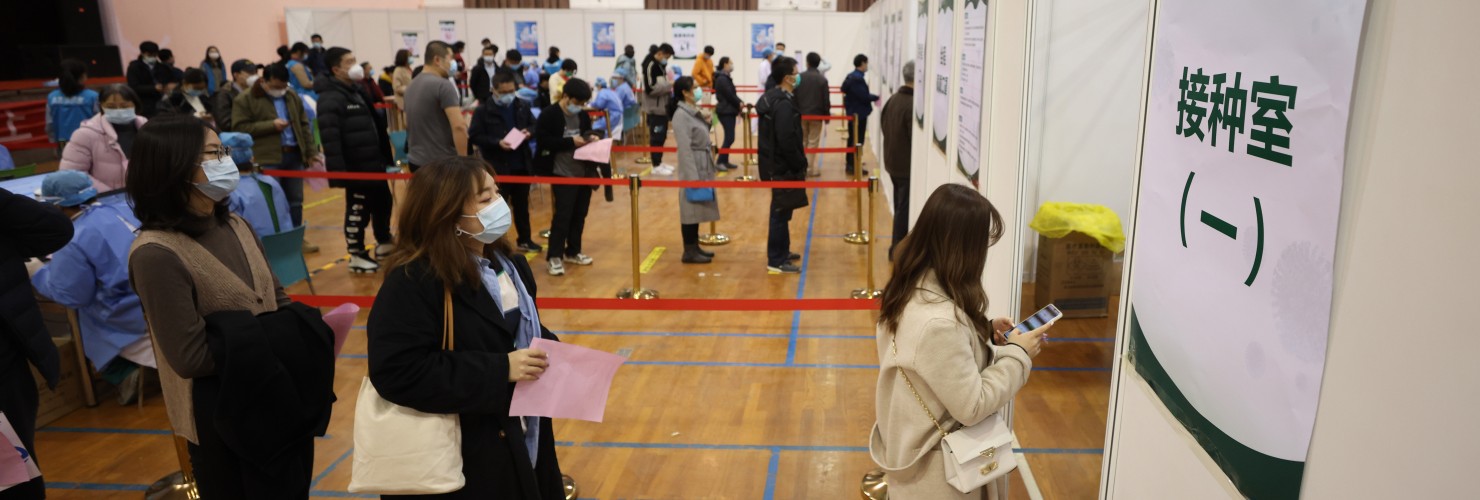

Public distrust hampering China’s vaccination efforts
Despite being one of the first in the world to start administering Covid-19 vaccines to its citizens, China’s inoculation rate is way behind that of the US and the UK. As of the beginning of April, nearly 150 million vaccinations have been administered. But that translates to 12 doses for every 100 residents, compared to 57 per 100 in the US and 60 in the UK.
Public trust in domestic vaccines is low. Safety concerns, fear of side effects, China’s history of vaccine scandals, and the low rate of infection have been cited as reasons why Chinese citizens have been unwilling to get inoculated. Another reason is the lack of detailed efficacy data for China’s Covid-19 vaccines. The director of China’s Center for Disease Control and Prevention was reported recently saying domestic vaccines do not achieve high protection rates. He later claimed he meant only that mixing vaccinations could strengthen efficacy, but this likely did nothing to quell doubts.
With celebrations planned this year to mark the 100th anniversary of the Communist Party of China, officials are keen to reach the target of vaccinating 40 percent of the population by the summer. To do so they are deploying a ‘carrot and stick’ approach. Resident committees in Beijing have offered free eggs to those vaccinated, while a hospital in Hainan threatened to terminate staff who refuse inoculation without valid reasons. At least one Chinese city has made vaccination mandatory after an outbreak. But there is already pushback. Officials in a Hainan township were reportedly forced to retract a ban on unvaccinated people using hotels and public transportation following public criticism.
MERICS analysis: Vaccinating 1.3 billion people quickly was never going to be easy. The fact that China must resort to incentives and coercion to get its people to trust domestic vaccines reflects the limitations of its vaccine diplomacy both at home and abroad. As other countries move closer to vaccinating their entire populations and discussions get underway for vaccine passports, China could be left behind as it has chosen to engage in its own form of vaccine nationalism by only opening its borders to those inoculated with Chinese vaccines.
Media coverage and sources:
- New York Times: How will China vaccinate 560 million people?
- Reuters: China considers mixing Covid vaccines to boost protection rate
- Washington Post: China’s Covid vaccine drive is lagging
- Deutsche Welle: Why is China’s vaccination rate so low?
- Sina.com (in Chinese): Free eggs, blacklist and termination
You can subscribe to this publication on an individual basis. For more information, click here.
MERICS members also have privileged access to this product. If you want to learn more about our membership model for institutions and businesses, please click here.